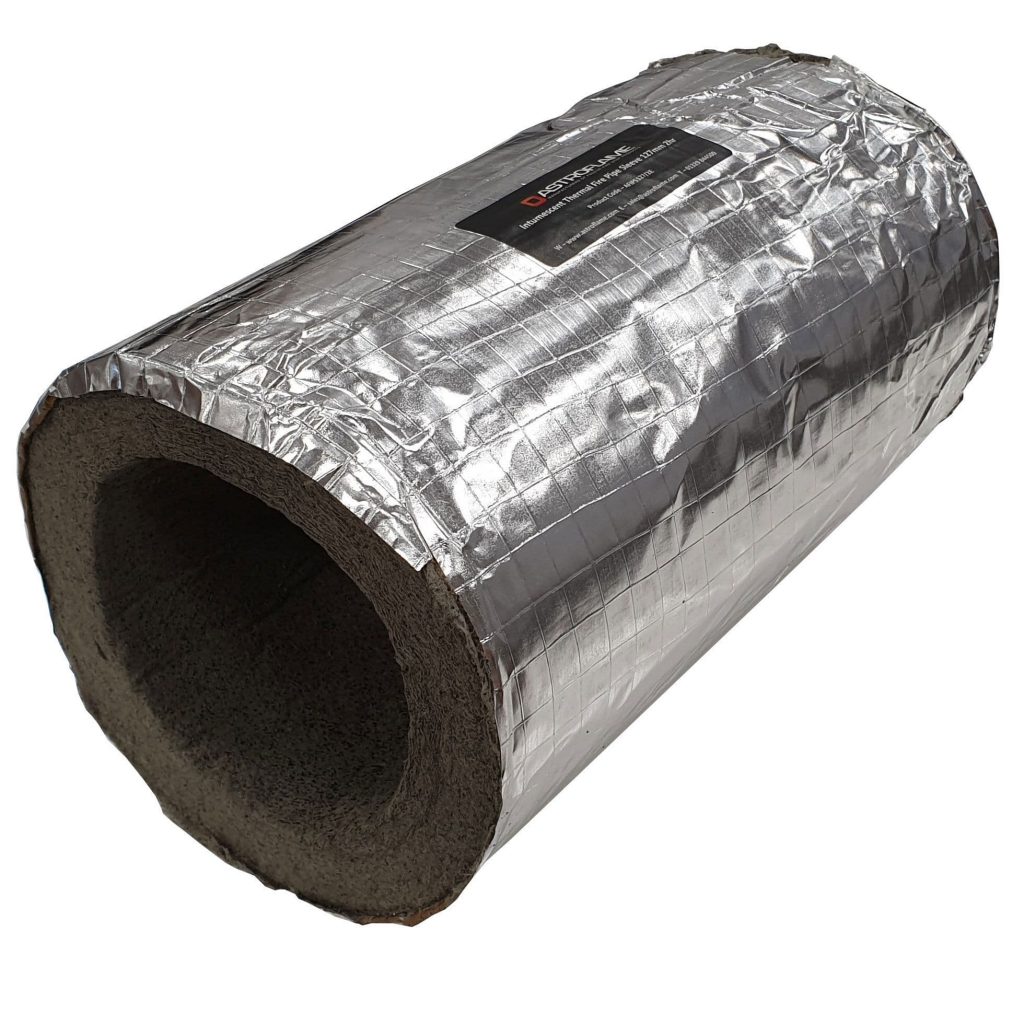Insulation panels play a crucial role in maintaining energy efficiency and thermal comfort in buildings. However, concerns about their flammability have raised questions regarding their safety. In this blog post, we will delve into the topic of insulation panel flammability, debunk common myths, and provide practical insights to ensure safety in various applications.
- Understanding Insulation Panel Composition:
Insulation panels are typically made from a variety of materials, including foam, mineral wool, fiberglass, and cellulose. Each material has its own unique properties and flammability characteristics. It is important to assess the specific composition of insulation panels to determine their flammability risks accurately. - Flammability Ratings and Standards:
To evaluate the flammability of insulation panels, various industry standards and ratings are used. The most commonly recognized standard is the ASTM E84 test, which measures the flame spread and smoke development of materials. Insulation panels are classified into different categories based on their performance in these tests, ranging from non-combustible to highly flammable. - Debunking Myths:
There are several misconceptions surrounding the flammability of insulation panels. One common myth is that all insulation panels are highly flammable. However, this is not the case. Many insulation panels are designed to be fire-resistant and can effectively slow down the spread of flames. It is crucial to choose insulation panels that meet the required fire safety standards for specific applications. - Fire Safety Measures:
While insulation panels can provide fire resistance, it is essential to implement additional fire safety measures to ensure optimal protection. These measures include proper installation techniques, maintaining adequate fire barriers, and integrating fire suppression systems. Regular inspections and maintenance are also vital to identify any potential fire hazards. - Application-specific Considerations:
Different applications require specific considerations regarding insulation panel flammability. For example, in commercial buildings, fire codes and regulations may dictate the use of specific fire-resistant insulation materials. In residential settings, insulation panels should be chosen based on their ability to withstand potential fire hazards, such as electrical faults or kitchen fires.
Conclusion:
Insulation panels are not inherently flammable, and their flammability characteristics vary depending on the materials used. By understanding the composition, flammability ratings, and implementing appropriate fire safety measures, the risks associated with insulation panel flammability can be effectively mitigated. It is crucial to prioritize safety and adhere to industry standards when selecting and installing insulation panels in various applications.




More Stories
彩色裝飾建築膜:重塑香港家居與建築美學的新選擇
10 Creative Ways to Organize Your Space with Removable Wire Baskets
Maximizing Space with Attic Shelves